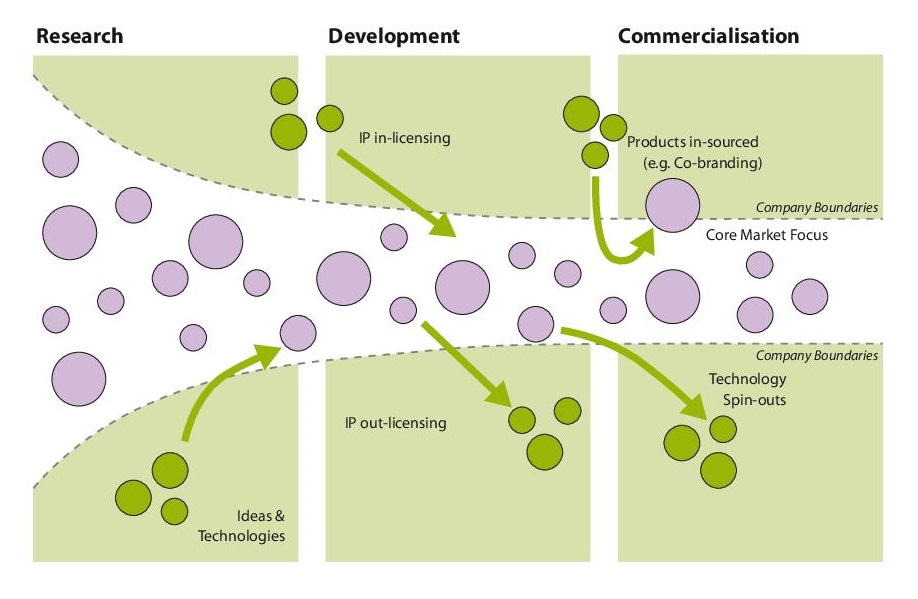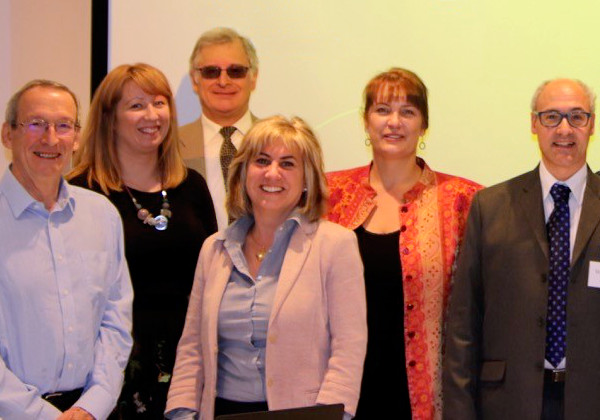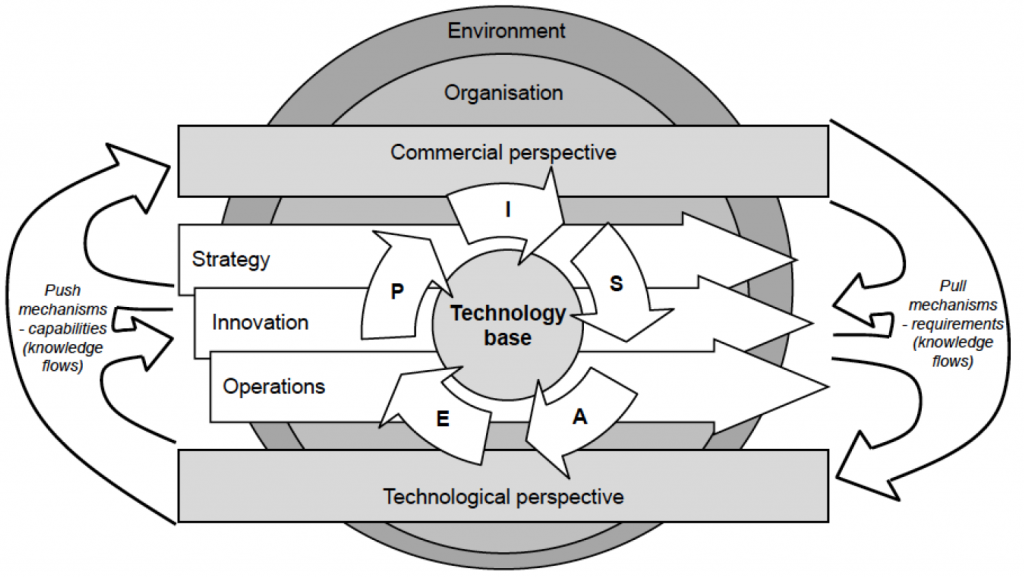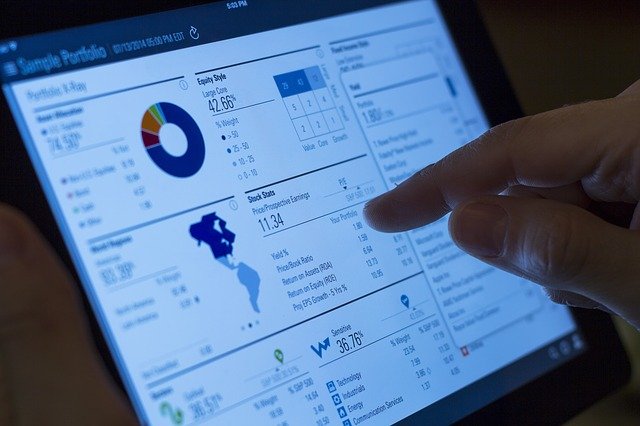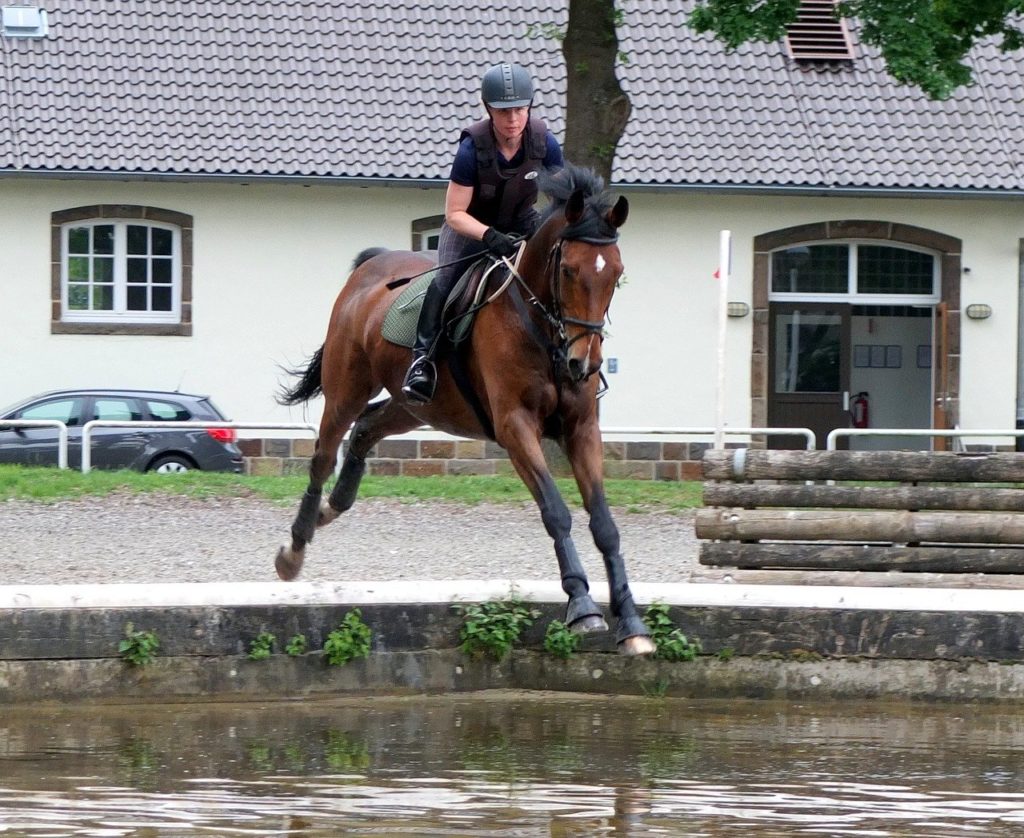After taking a degree in Natural Sciences, specialising in Physics, at Cambridge University, Rick joined Philips Research Laboratories in 1965 where he worked for 13 years on thermal imaging, acoustic wave devices and radio systems, receiving 26 patents and publishing over twenty papers. He obtained a PhD at Queen Mary College London based on this work.
After three years as a Corporate Planner for Philips UK, he moved to their Pye Telecommunications subsidiary in Cambridge to set up a Radio Systems Division, which he then managed for four years, before becoming International Development Manager for the Philips mobile radio business in 1986.
Joining Domino Printing Sciences plc, in 1988 Rick managed both the R&D and Quality functions and developed the company’s expertise in new areas such as laser-based equipment. He joined the board as Group Technical and Quality Director in 1994, retiring in 2003.
Rick is Visiting Professor of Innovation for the Department of Engineering at Cambridge University, and Visiting Professor of Innovation Management for the School of Management at Cranfield University.
Related posts
Want to know about R&D Management but too busy to read all the journals? The editors for R&D Today have each selected a journal and have made a selection of the most interesting papers of recent years.
Rick Mitchell explains how to estimate in financial terms the impact of delay to an R&D project – a vital input when deciding what actions are worth taking.
Can Agile project management methods – widely used in software – be applied in projects involving hardware? Rick Mitchell considers the question.
There are many excellent tools and techniques for R&D management, but all too often people re-invent the wheel as knowledge of these gems is not shared. Here are some of the tools that RADMA trustees and contributors to R&D Today have found useful, but we are keen to know what has been missed or what […]
The RADMA trustees meeting was hosted by Wiley Business in Oxford
Intuition can be very powerful, but when faced with novel situations our intuition is surprisingly easily led astray. There’s a whole body of work on this in the field of Behavioural Economics.
To extract best value from investments in technology and innovation, managers need to address a wide range of aspects. The emerging ISO standards provide an opportunity for improved tools to assist. One such tool, the Innovation Technology Management (ITM) process framework was shown to provide insights into performance trends and identify issues commonly faced across the oil and energy sector.
Trying to do everything for everyone is not possible – but how do you prioritise? This paper in the Harvard Business Review looks at different strategies.
Design thinking is challenging because it involves something more fundamental than managing change: It involves discovering what change is needed. Rick Mitchell has found this paper in Harvard Business Review of interest.
The issue of assessing technology for business application is cited as a major concern for managers in industry. Representatives from a range of industries were interviewed to review the tools and techniques currently available and to identify gaps and limitations.
TRIZ provides a useful structure for thinking and brainstorming, enabling ideas to be developed more quickly. However it requires patience to understand it
In theory a stage gate process forces managers to review all aspects of the project – not just the technical work – and to take decisions. You want people to go away feeling pleased to have caught hold of some problems and dealt with them, but too often they just feel grateful to have got out alive!




